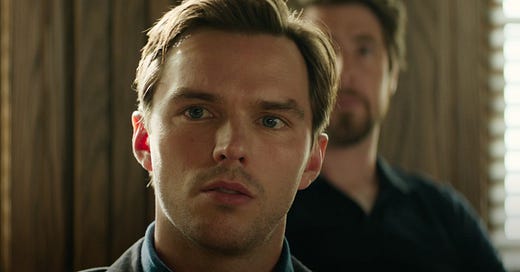'Juror No. 2' Review: Clint Eastwood's Final Film Doesn't Sway the Jury
A fantastic cast flounders in this stodgy courtroom procedural
Keep reading with a 7-day free trial
Subscribe to The Film Maven to keep reading this post and get 7 days of free access to the full post archives.




